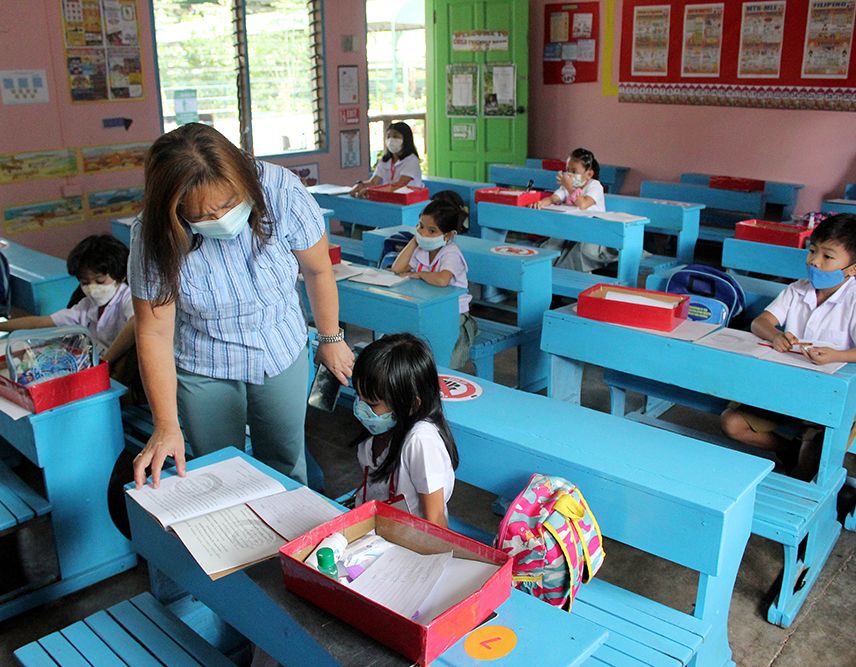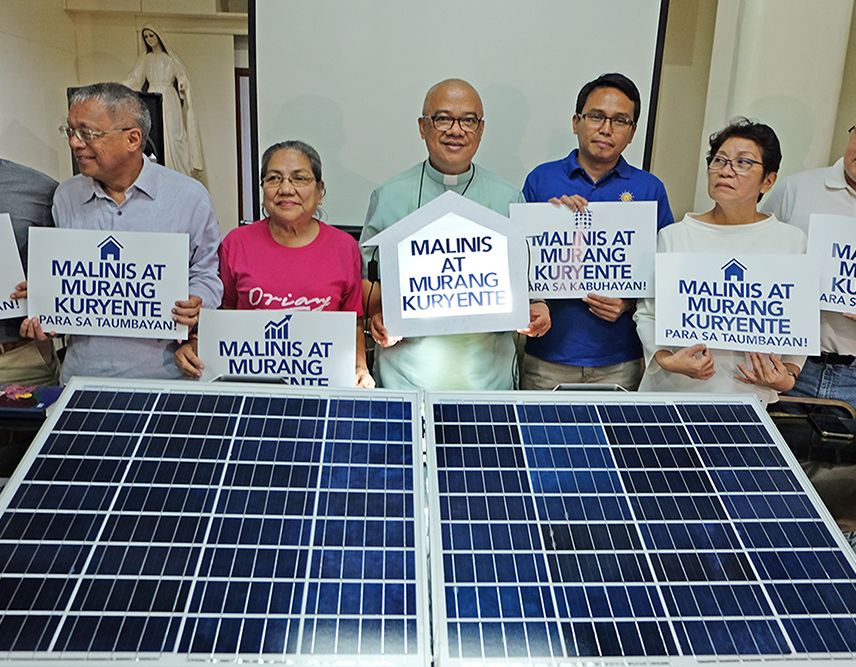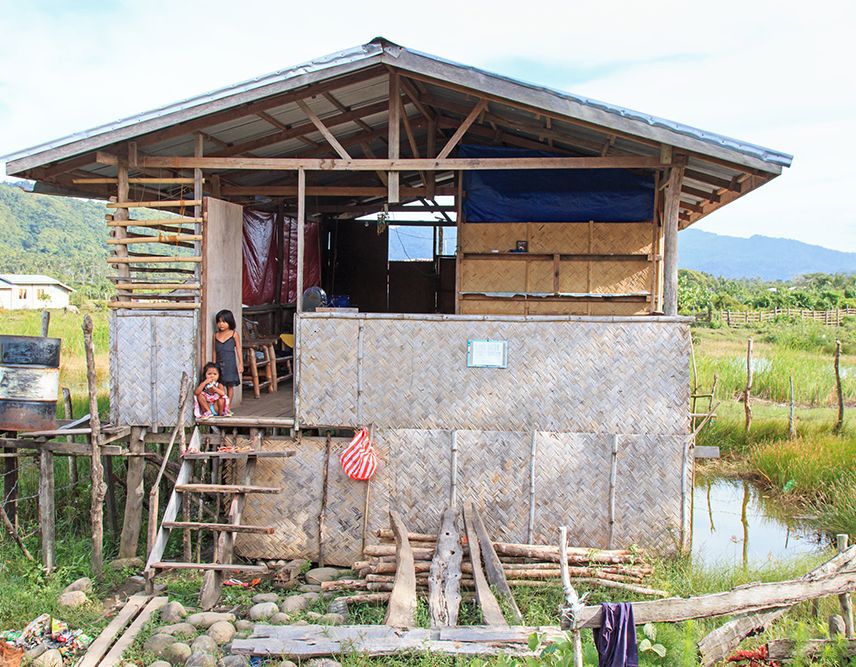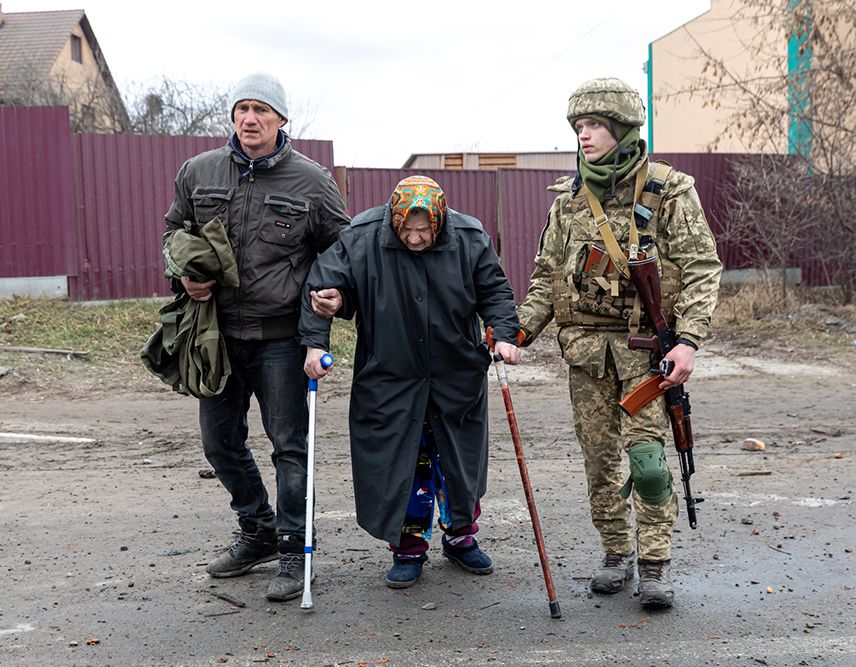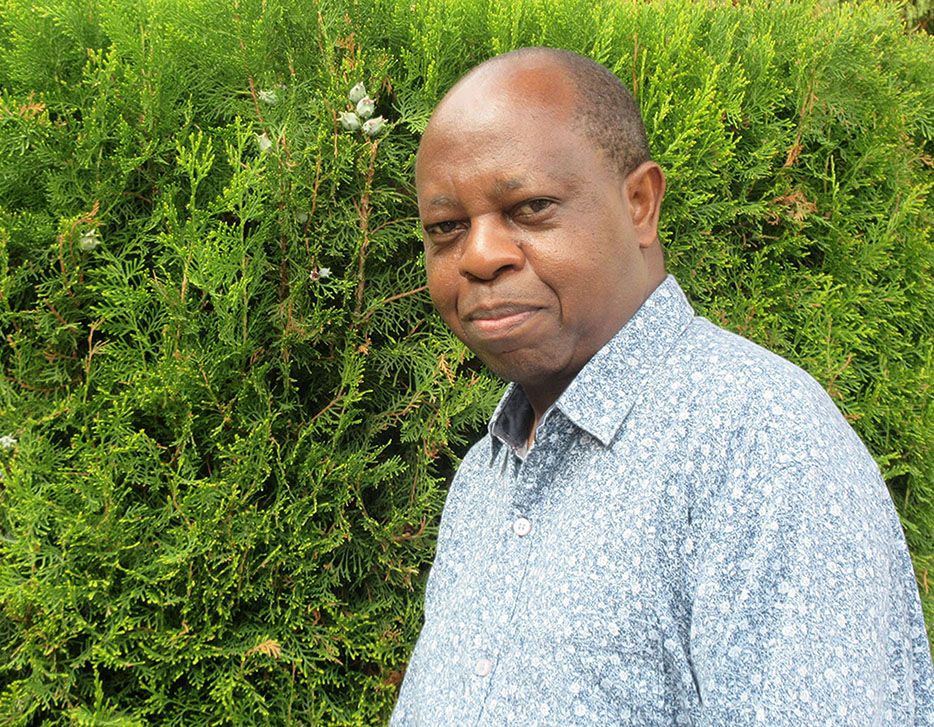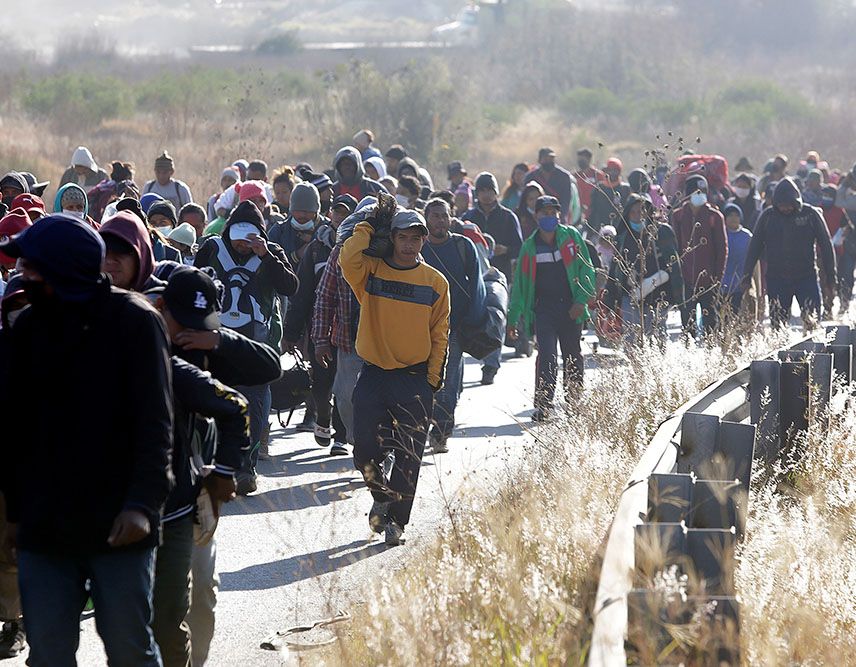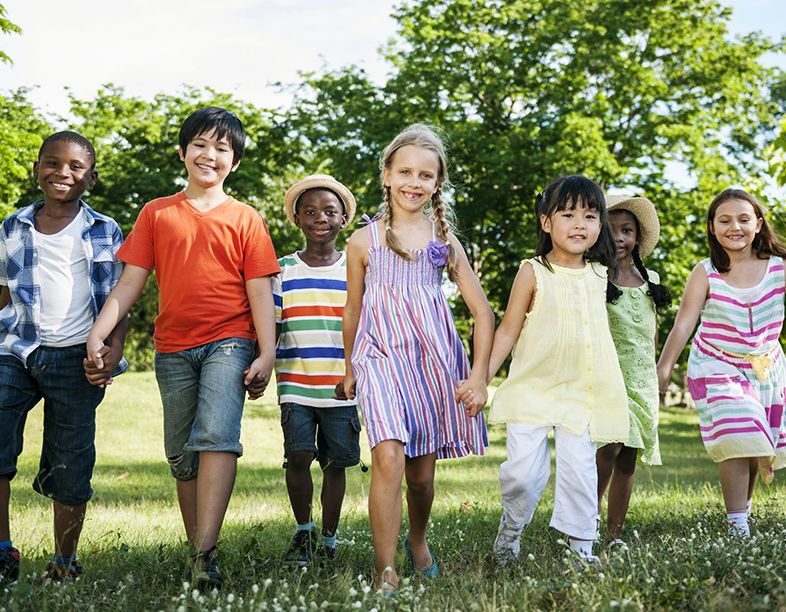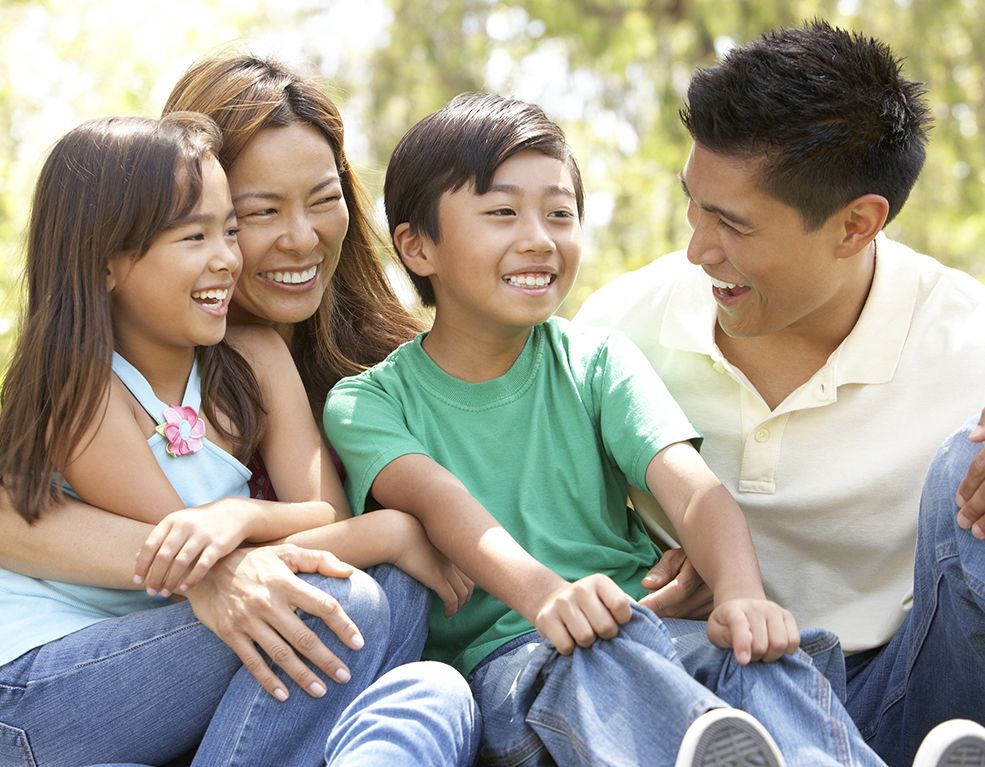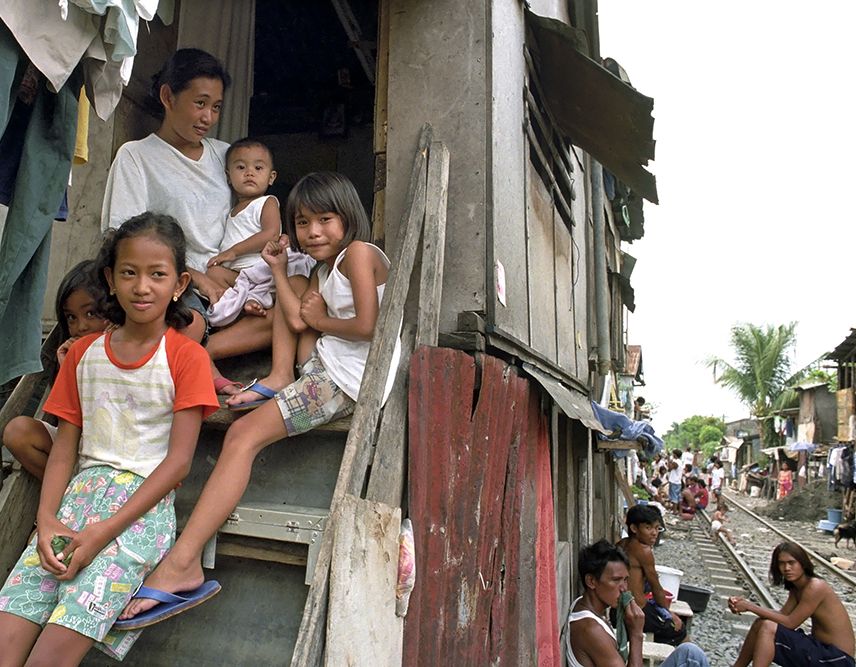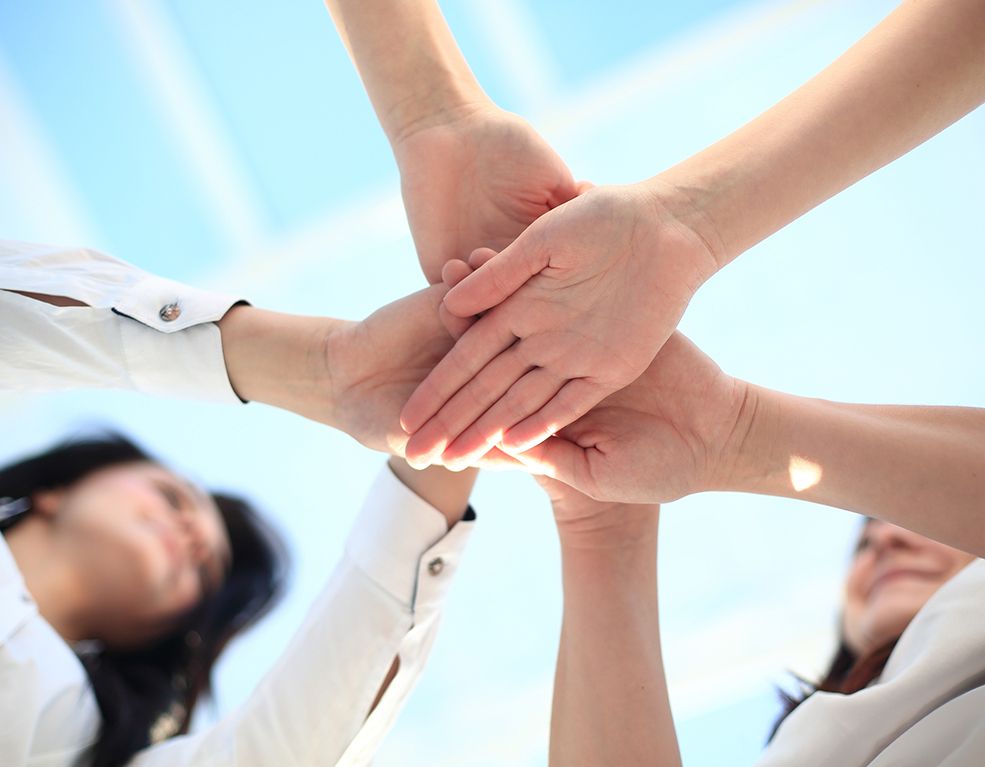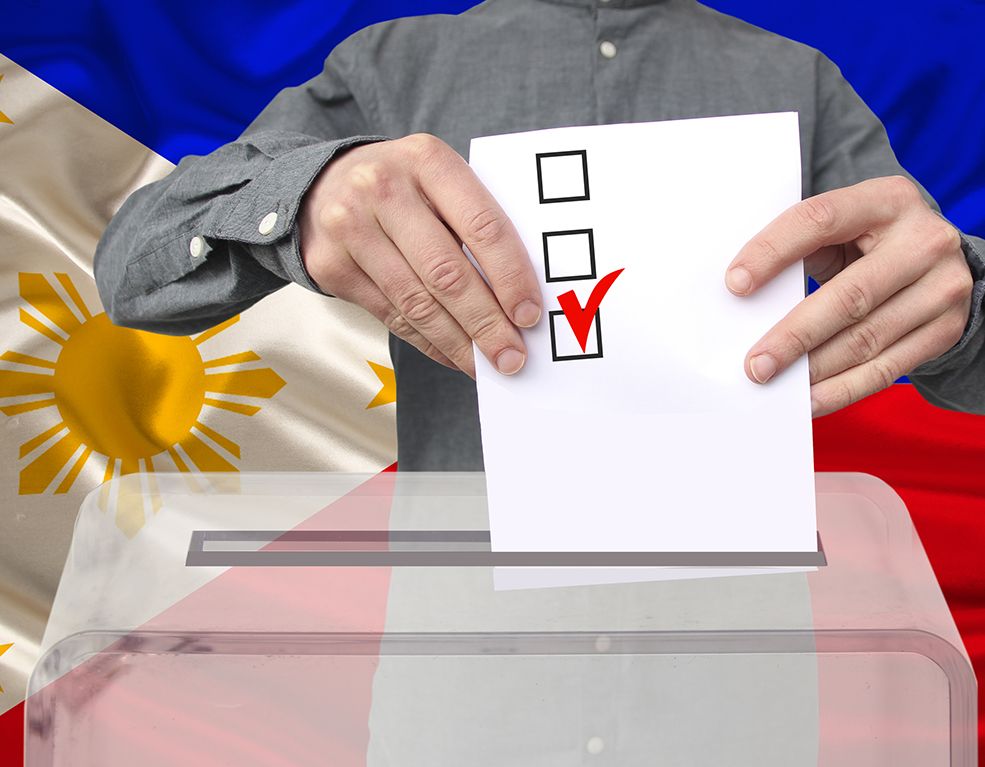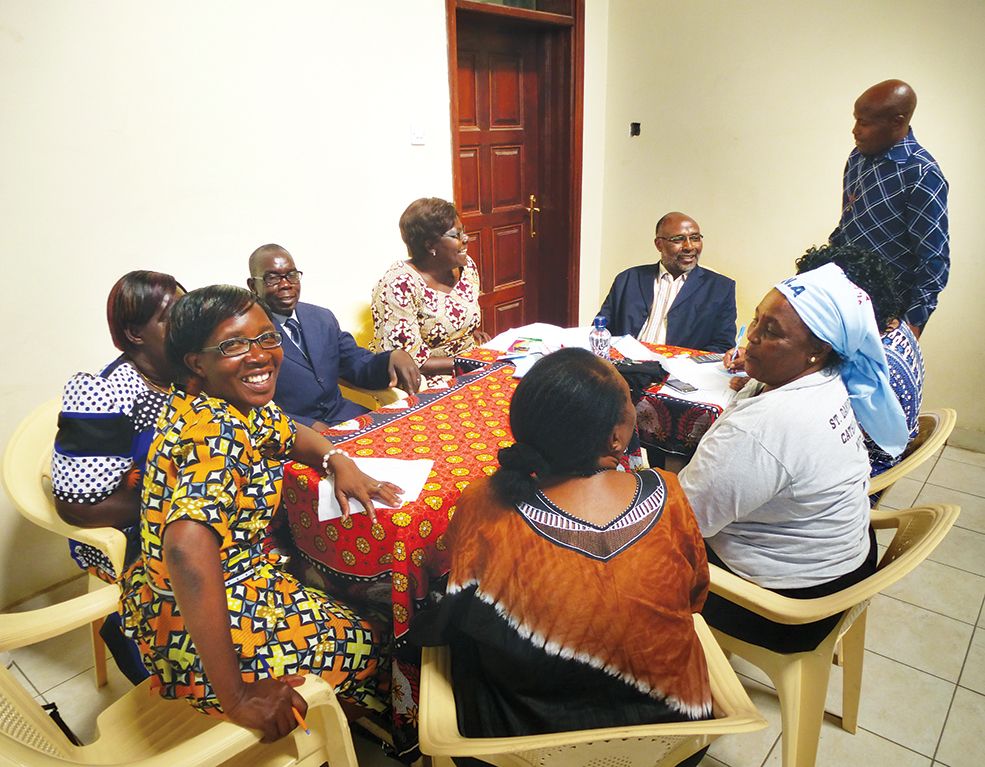The pandemic has rocked the school system tremendously for the past two years, but the education sector has tried its best to be resilient by utilizing digital means to cope with not only academic demands, but the mental health concerns of its communities. In recent months, several schools have tried to gradually adopt blended learning methods. God-willing, we will fully resume face-to-face classes this year in the Philippines.
Although there are advantages to distance learning, there is no substitute to seeing each other on campus. It tends to be personalized and encourages the teacher and the students to be more focused on each other and their lessons. However, it cannot be denied that health protocols must be respected, particularly with COVID still lurking around.
As the education sector exerts efforts to normalize teaching and studying, the main question at hand is how to make learning integrative, holistic, healthful and practical at the same time. The pandemic has taught all of us essential life skills that have pushed us to reevaluate what is urgent versus what is important, how the world is evolving and what are the pressing needs that we must prioritize.
We have begun to realize that technology for one, is here to stay. How could the academic community maximize it without compromising the spiritual and emotional wellness of its members? More emphasis on holistic well-being may also be necessary. Could schools afford to expand their pool of integrative welfare coaches instead of just having a limited number of personnel in the campus ministry or counseling department? I personally hope that building healthy self-esteem would be a top issue addressed in schools not only during retreats and extra-curricular initiatives, but as a central endeavor.
I saw a quote which I believe rings true for many young people: “We need to accept that some kids are not at school for the academics–they are there to be loved. Once they get that love and feel safe, we can work academics” (writer unknown). This is not to pass on the responsibility of parenting to teachers, but to emphasize the need for education that reaches deep down into the core of the individual, where Godly values are formed and from where these emanate.
Another possible realization is the inclusion of public health, safety and crisis managementin the school’s programs. Several experts have pointed out that it is possible that COVID will not be the last pandemic to hit us.
A looming question for developing countries like the Philippines is, how could we make quality education more accessible to all, particularly to the impoverished? Many non-governmental organizations are reaching out to the underprivileged through scholarships, construction of school buildings, online, cable TV and recorded initiatives.
The government needs to continue to beef up efforts to make fast internet available to different parts of the country. It must also provide our teachers with better salaries. Many teachers have opted to go abroad, whether to teach or to work in fields they are overqualified for, to receive better compensation.
For certain, education that equips students and educators beyond academics is much needed so that they could proactively respond to today’s challenges as dynamic servant leaders.

